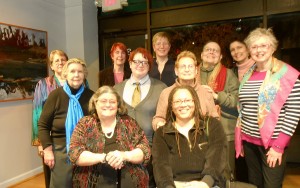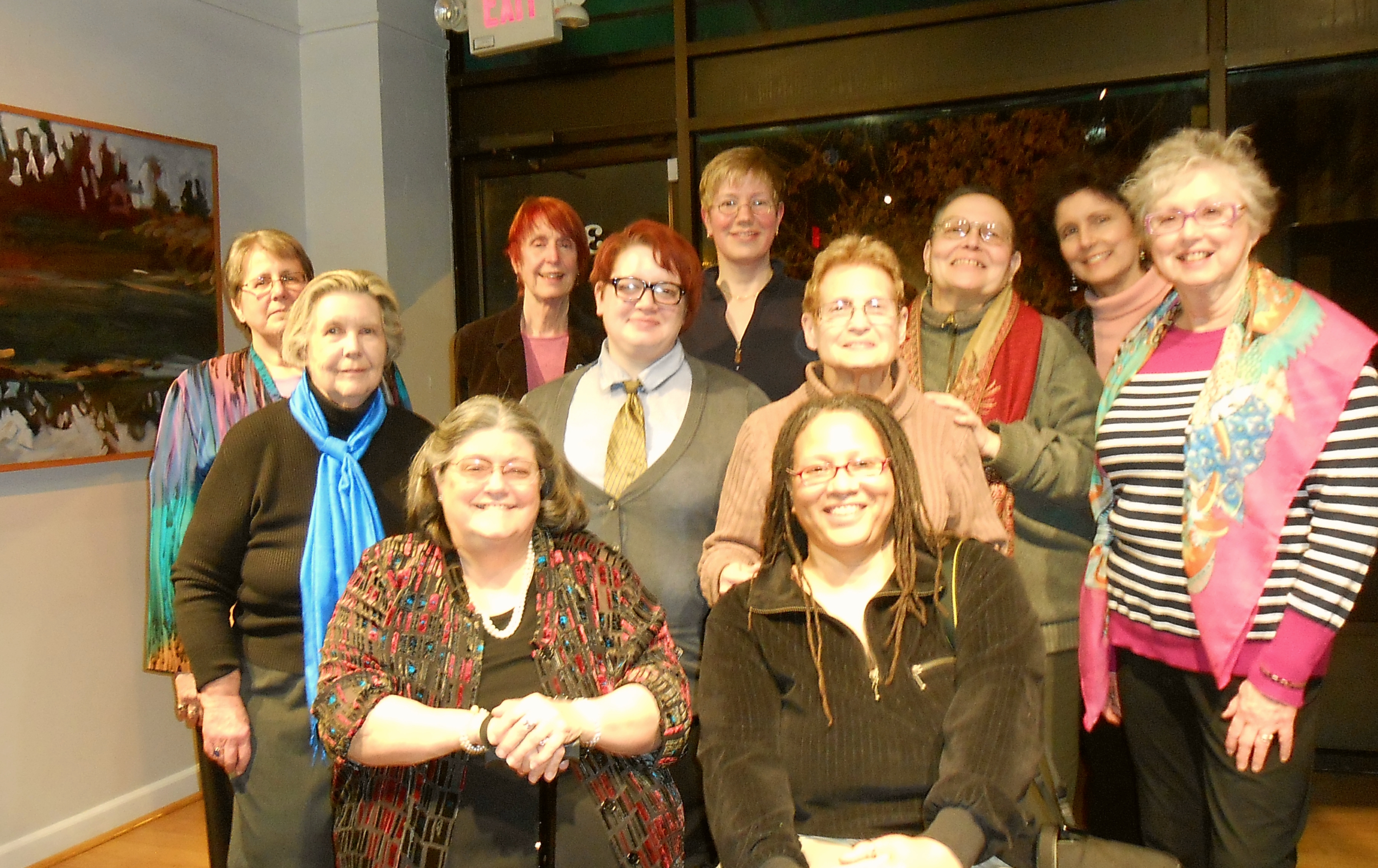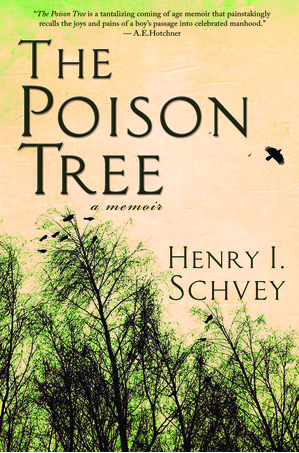Share the post "Loosely Identified Poetry Reading"
by Diana Davis
 The room was buzzing with conversation as I entered the “Loosely Identified” (LI) performance of poetry, in conjunction with River Styx at the Tavern of Fine Arts on March 18. This was the 38th season of River Styx presentations and the first at the Tavern of Fine Arts, located at 313 Belt Avenue which was a wonderful surprise. I had never been there before, and it is a food-serving tavern which has a cheerful, immaculate room for readings. There were tables, couches and chairs set up before a podium with a microphone. The establishment was filled, and no one left disappointed.
The room was buzzing with conversation as I entered the “Loosely Identified” (LI) performance of poetry, in conjunction with River Styx at the Tavern of Fine Arts on March 18. This was the 38th season of River Styx presentations and the first at the Tavern of Fine Arts, located at 313 Belt Avenue which was a wonderful surprise. I had never been there before, and it is a food-serving tavern which has a cheerful, immaculate room for readings. There were tables, couches and chairs set up before a podium with a microphone. The establishment was filled, and no one left disappointed.
The LI group began in 1974; it was a sisterhood of power in a time of rebirth. In 1995, the group reformed at the University of Missouri-St. Louis (UMSL). With seven original members that accumulated thirty new poets over time, the group moved off campus, becoming “Loosely Identified.” The group is always open to new members. It’s always open because LI knows that growth for a poet depends on active workshops where a diversity of poetic voices is cherished.
The meeting I attended on the 18th was a memorial celebrating the memory of two fine LI poets: Helen Eisen and Marilyn Probe.
Helen Eisen was a LI founding member who possessed a love of knowledge, a love of language, and a love of humor. She had been born in a Displaced Persons Camp in Stuttgart, Germany, on March 17, 1946. As an important poet of the first generation of children of survivors, she was able to verbalize events about which her parents and others Holocaust survivors were unable to speak. Her chapbook titled The Permeability of Memory is a collection of poems on that subject. She died in New York on October 29, 2012.
Marilyn Probe, Ed. D., was the Director of Eldertel at Grace Hill Settlement House located at 600 Hadley, St. Louis, MO 63106, where she raised funds for developing educational programs to teach literacy through storytelling, dance, poetry, and the visual arts and philosophers. She was also educated at University of Missouri-St. Louis, receiving her doctorate in 1983. She had a calling to focus on the elderly and multigenerational audiences in writing, storytelling, and poetry. Her friends at the memorial recalled her generosity in asking them to come along and publish with her in an anthology. Marilyn died on October 13, 2012.
There were several poets reading their work on this night. Here is just a sampling of what was shared –
Karen Smead Mondale, a Board Member of the St. Louis Poetry Center, gave an exciting reading about an evangelist who used to hold tent revivals in small towns across the Midwest. She captured the true flavor such events as I remember them from my youth – hysteria of the participants parading to the front, weeping and throwing themselves in the dirt, waiting to be saved. And later, of the police chief who provided another view of the evangelist – the evangelist who scurried off with as many chickens, vegetables, jams and dollars as his station wagon would hold, traveling to the next town on his advertised mission to save more souls.
Gail Marshall, a Ph.D. from Washington University delighted the crowd when she read, “Oysters on a Sunday Afternoon,” describing a saloon near the coast where the bartender slurps raw oysters with one hand while he passes out drinks with the other.
Lauren Wilding, who has a M.A. in literature from UMSL and is currently an adjunct teaching critical thinking at Fontbonne University presented her poem about getting a tattoo and feeling empowered afterward.
Grace duMaine is a genealogist, photographer and poet, has written poetry about tracing her roots. I found her presentation, using various dialects and going in reverse chronological order, to be interesting as she touched days of slavery, the Jim Crow era, to the modern, more polite discrimination.
Gaye Gambell-Peterson, who recently won first prize in the 2012 St. Louis Poetry Center’s Nash Contest, presented her poem, Breathe In, Breath Out. She has a mixed media studio with a poetry chair.
Marlene Schuman’s shared her narrative poem, Off Limits, telling of a young man who was swimming in a lake in Michigan and crossed an invisible color line from the black end of the shore to the white end of the shore. He was stoned and drowned in the Great Lake, a sad commentary on the Jim Crow days.
Jennifer Tappenden, who recently completed her M.F.A. at UMSL, read a gruesome poem about the decomposition of a body found in the field. It made me want to cover my ears at the same time making me strain closer so I wouldn’t miss a single syllable.
Mary Ruth Donnelly has been a member of LI for a decade as she makes her home in St. Louis city, although she is a professor at Southwestern Illinois College. She presented a eulogy called “My Father’s Cave.”
Niki Nymark writes story poems and said, “You can call it lying if you like;” then did a reading about her family moving into a haunted house where there rocking chairs rocked unattended and her Uncle Denny tap-danced on the attic floor. They sold tickets for a while, but the neighborhood association asked them to stop or relocate, so they stopped the ticket sales and just enjoyed the ghosts themselves.
Regina Popper has a M.F.A. from UMSL and recently had a poem place second in the Margaret Leong Prize at University of Missouri-Columbia. She is currently on Sabbatical from St. Louis Community College at Florissant Valley as she works to complete a chapbook for publication. She read an amusing story about her son who went to India and came home with a green face and of how she worked to reintegrate him into American life.
Kudos go out for this wonderful program, for its diversity of poets, poetic styles, and subjects. I hated for the event to be over when it was time for me to go home.
LI meets monthly on Friday evenings at the University City Library. If you are interested in joining, please email poet.head@earthlink.net. You will receive a reply and information about the next LI meeting.



